Viridian Solar has released a new 7 kW wall-mounted EV charger, Honda has secured certification to run a virtual power plant in Germany, and Bosch has joined forces with IBM to use quantum computing to conduct research on electromobility materials.
November 21, 2022Marija Maisch
Viridian Solar has launched Clearline EV, a new electric-vehicle charger. The first product to emerge from the collaboration between the UK-based manufacturer and EO Charging is a compact, 7 kW wall-mounted socketed charging unit with built-in solar-matching functionality. With Clearline EV in the product line-up alongside its roof-integrated solar panels, Viridian Solar says it aims to help homebuilders with the technologies they need for compliance with new UK building regulations. Clearline EV will be available from January 2023.
The New York City Council is mulling new rules covering the charging, use and sale of electric bikes and scooters, following a Nov. 5 high-rise battery fire in Manhattan that injured 46 civilians, firefighters and police officers. The blaze was sparked by a faulty e-bike battery that was left to charge unattended by residents who reportedly ran a repair shop from their home, which may explain why five e-bikes were found. In a meeting last week, the council discussed a range of proposals, including public education campaigns, safety reports, a ban on the sale of manipulated and configured batteries, and restrictions on batteries that have not been approved by nationally recognized testing labs. The city has seen “an exponential increase” in fires related to faulty lithium-ion batteries in recent years, with nearly 200 blazes and six fire-related deaths this year. The council hearing was held as New Yorkers staged a rally to call for more regulation. “We want a battery swap network, want batteries to be certified,” said Lenny Feliu, co-founder of the group Safer Charging.
Honda has acquired certification to run a virtual power plant in Germany. In the pilot with VPP operator Next Kraftwerke, the Japanese company has become the first automaker in Europe to obtain certification for a fleet of mass-produced EVs, for the prequalification of frequency containment reserve (FCR) by Ampiron GmbH in Germany. The pilot used Honda EVs, which qualified for grid-stability support through the instant provision of FCR to the transmission system operator (TSO). Honda was able to ensure stable 50Hz grid frequency, in line with charging and discharging requirements, with a fleet of six EVs and six Honda Power Manager bidirectional CCS chargers. Its power management system used real-time capacity data from Next Kraftwerke to respond to the TSO’s charging and discharging commands for each individual vehicle. “EVs are parked and connected to a charging station for most of the day,” said Tom Gardner, senior vice president of Honda Motor Europe. “Honda has identified that these standing times can be better utilized to offer additional services and revenues, through smart charging and discharging based on the current power grid frequency.”
Bosch has joined forces with IBM to use quantum computing to conduct research on electromobility materials. They want to develop powerful quantum algorithms for industrial applications to achieve higher energy efficiency and reduce the consumption of resources. “Even simple models of real materials tend to quickly become intractable for classical computers to simulate. That’s why Bosch’s collaboration with IBM, as well as the extended IBM Quantum Network on quantum computing research is so important,” said Scott Crowder, IBM’s vice president of quantum adoption. “We will work together on addressing a wide range of materials science problems, in the fields of electromobility, renewable energy and sensor technology.” The announcement follows Volkswagen’s launch of a multi-year research program with Canada’s Xanadu to improve the performance of quantum algorithms for battery material simulations.
Sono Motors has partnered with Pepper Motion to test solar retrofit solutions for e-buses. The German developer of solar electric cars has equipped a Mercedes-Benz Citaro from Pepper’s demo fleet with a customized version of its Solar Bus Kit, which contains 14 semi-flexible solar modules to provide around 1.3 kW peak to the 24-volt battery system. Energy generation is expected to hit 3.3 kWh/day, based on average weather conditions in Munich. The companies will assess energy yield figures and consumption data over a two-year period from December, with initial findings from field testing and data analysis not expected until the first quarter of 2023 at the earliest.
VinES and Gotion High-Tech have broken ground on a 5 GWh LFP battery cell factory in Vietnam. The VND 6,329 billion ($275 million) facility in Ha Tinh province will focus on manufacturing battery cells for ESS products developed by VinES and VinFast’s EVs. They said they will begin mass production in the third quarter of 2024.
The state of California has announced $3.6 billion in funding for zero-emission vehicles and chargers. The California Air Resources Board (CARB) has approved a $2.6 billion investment plan to support a wide range of ZEV projects, with 70% of the funds directed to disadvantaged and low-income communities. The supported projects range from incentives for cleaner trucks and buses, and mobility options such as bike- and car-sharing, to consumer rebates for clean cars. In addition, the California Public Utilities Commission has adopted a five-year, state-wide, $1 billion transport electrification program. The program will allocate 70% of the funding for medium- and heavy-duty vehicle charging, with the balance for light-duty charging at or near multi-unit dwellings. The program offers rebates for behind-the-meter EV infrastructure investments at commercial, industrial and residential sites from 2025 and provides higher rebates for projects in underserved, disadvantaged, and tribal communities.
This content is protected by copyright and may not be reused. If you want to cooperate with us and would like to reuse some of our content, please contact: editors@pv-magazine.com.

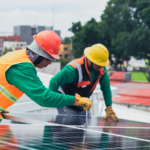
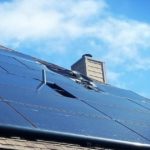
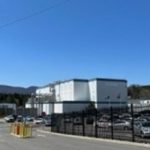
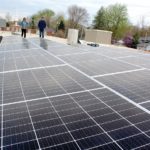
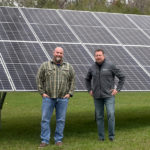
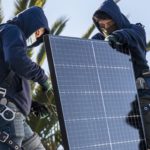
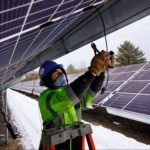
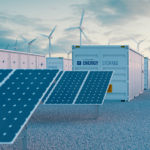
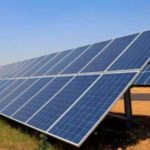
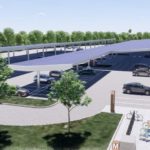
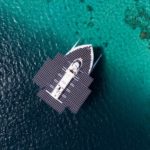
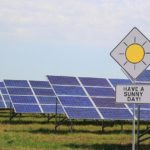
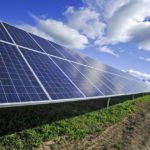

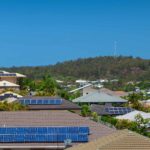
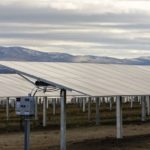
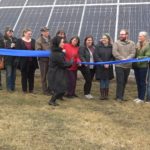



Recent Comments